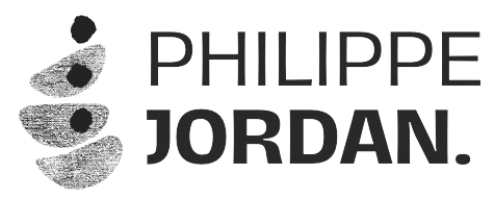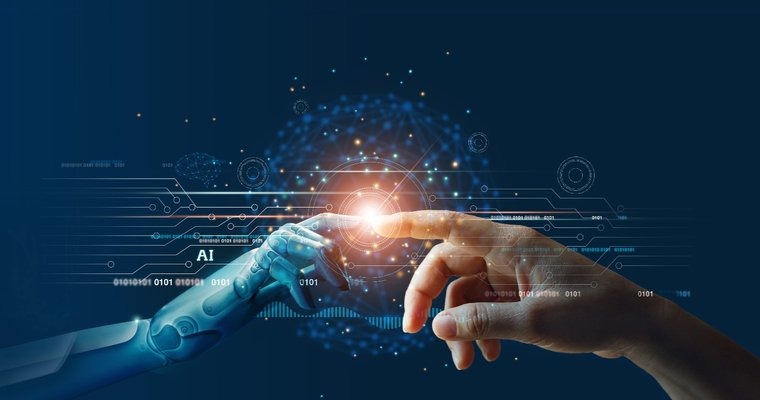Artificial intelligence has been a hot topic lately. Did you know that over 77% of devices you use daily rely on some form of AI-driven software? It’s everywhere, from your morning coffee orders to your late-night movie picks. But here’s the big question: are we prepared for its ripple effects on society? Let’s tackle that with humor, honesty, and no fluff.
Key Points
- AI is reshaping work, relationships, and decision-making.
- It offers efficiency but raises ethical concerns.
- Benefits include automation and improved quality of life.
- Drawbacks include bias, job loss, and surveillance risks.
- The final call lies in balancing its pros with its risks.
The Good, the Bad and the AI Detectors
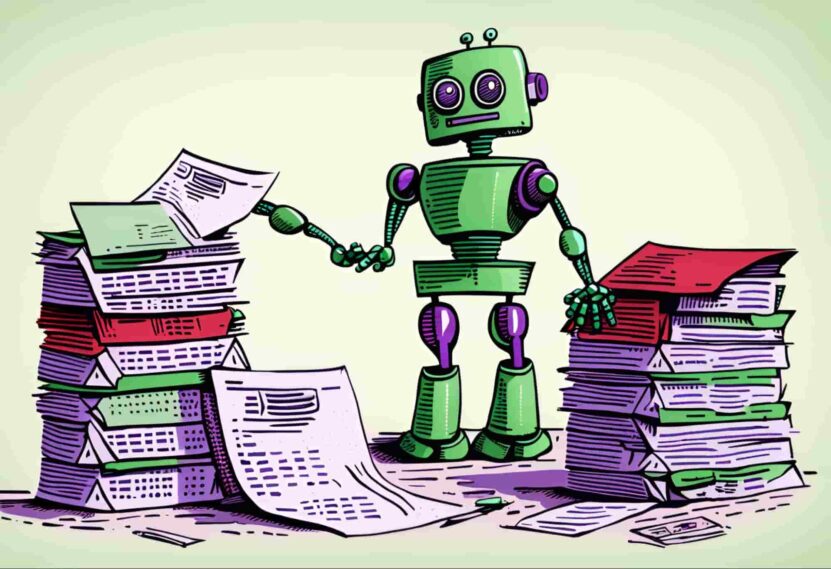
AI’s influence can’t be ignored, but not all effects are easy to spot. Tools chatgpt detector help people distinguish between human and machine-created content. This makes navigating today’s tech-heavy world simpler and helps avoid being misled by synthetic outputs pretending to be human. But AI detection is just one piece of the larger puzzle—what about its actual benefits and downsides?
How AI Makes Life Easier – The Pros
The reasons people are so excited about AI boil down to practical advantages that are hard to ignore.
- Efficiency on Steroids
AI doesn’t need sleep or coffee breaks. Machines can run 24/7, boosting productivity in fields like healthcare, logistics, and education. Imagine machines diagnosing diseases in minutes or automating factory processes without errors. The sheer speed and accuracy are revolutionary. - Smart Personalization
From Netflix suggesting the perfect Friday night flick to Spotify curating mood-based playlists, AI delivers personalized recommendations that make life seamless and enjoyable. Think about how satisfying it is when your grocery app predicts what you need before you do. - Revolution in Healthcare
AI is saving lives by predicting illnesses, improving treatments, and enhancing diagnostics. Robots performing surgeries? It’s no longer science fiction—it’s happening now. Personalized medicine, designed to fit a person’s unique genetic makeup, is just another example of AI’s incredible potential. - Cost Reduction
For industries, implementing AI-driven systems means fewer mistakes, lower operational costs, and streamlined workflows. For example, customer support bots cut overhead costs while handling queries faster than human teams.
But Wait, There’s a Flip Side – The Cons
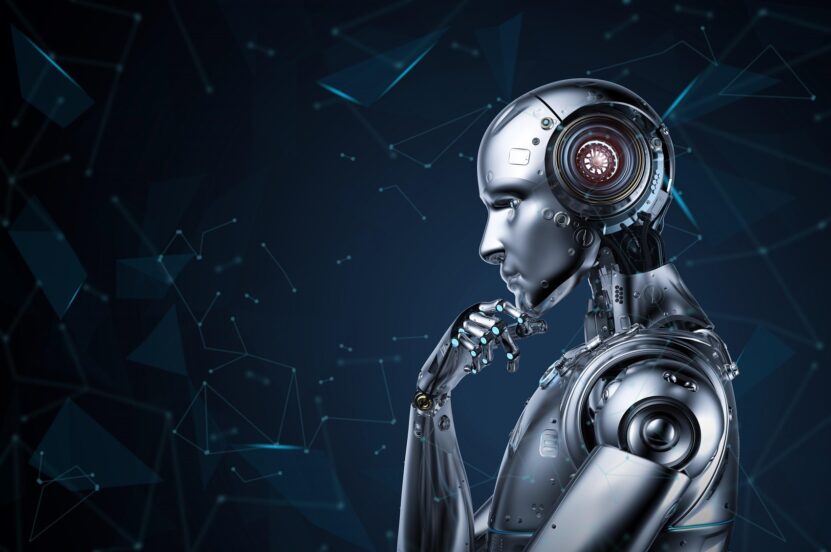
Not every shiny new gadget is without its glitches. Artificial intelligence comes with its own set of challenges that we cannot afford to ignore. Let’s break them down.
- Loss of Jobs
Automation is eliminating roles at alarming rates, especially repetitive or manual ones. Factory workers, call center agents, and even some white-collar professionals feel the heat. The rise of machines creates efficiency, but it also displaces human talent, leaving many to wonder about their place in the job market. - Ethical Quicksand
Bias baked into AI algorithms has already caused problems, from unfair hiring practices to racial profiling. If the machine is learning from flawed human data, it’s bound to reflect those flaws. This raises the question: who’s accountable when AI gets it wrong? - Surveillance Risks
Increased AI usage in security and monitoring can lead to overreach. The line between ensuring safety and invading privacy is razor-thin. Imagine cameras and facial recognition tools constantly tracking your every move—it’s unsettling, isn’t it? - Dependence on Machines
Relying too much on automation can weaken human skills. Think about navigation—how many people can still read a physical map? AI dependency is convenient but could create gaps in critical thinking and practical abilities.
The Moral Dilemma of Artificial Intelligence
Should machines decide for us? The idea of AI making moral or life-altering decisions is unsettling. Take self-driving cars as an example. If an accident is unavoidable, should the car prioritize its passenger or a pedestrian? These ethical dilemmas show that while technology evolves, its moral framework still lags behind. We’re entering a space where we’re forced to redefine accountability, ethics, and the boundaries of machine autonomy.
AI in Everyday Life: It’s Not All Sci-Fi
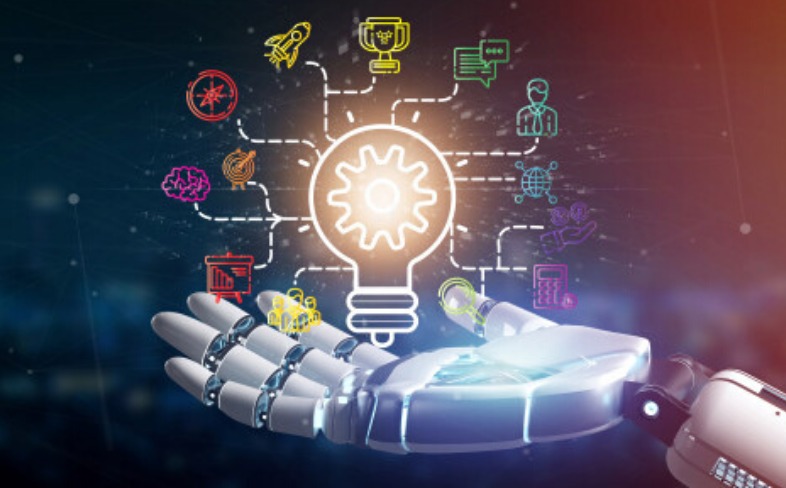
People often imagine artificial intelligence as robots taking over the world. In reality, it’s quietly embedded in everyday life. Here are examples you might not even notice:
- Smart Assistants: Devices like Alexa or Google Home control your lights, remind you of appointments, and play your favorite songs—all with a simple voice command.
- Shopping Algorithms: E-commerce platforms suggest products based on your past purchases, making the shopping experience tailored and efficient.
- Fraud Prevention: Banks use AI to detect suspicious transactions, safeguarding your finances before you even realize something’s wrong.
Fun Fact: AI even plays a role in weather prediction, giving us more accurate forecasts than ever before. How else would we know to carry an umbrella?
Can AI Ever Replace Human Creativity?
AI-generated art, music, and writing are impressive, but they still lack the soul of human expression. Machines mimic patterns; they don’t create with emotion or intent. Human creativity thrives on imperfections and spontaneous bursts of inspiration—qualities that machines simply can’t replicate. Imagine listening to a song written by a machine. It might sound perfect, but would it move you the way a heartfelt ballad does?
Practical Tips for a Balanced Future with AI
How do we navigate the rise of AI responsibly? Here are some practical tips:
- Stay Informed
Understand the systems impacting your life. Don’t leave AI-driven decisions unexamined—know how they work and what they mean for you. - Demand Transparency
Push for clearer guidelines and accountability when AI influences major areas like hiring, policing, or banking. - Value Human Touch
Balance tech with human judgment in areas requiring empathy, such as counseling, caregiving, or customer service. - Prioritize Data Security
Protect yourself from breaches and misuse of personal data by using reliable tools and being selective about the tech you adopt.
What’s the True Cost of Automation?
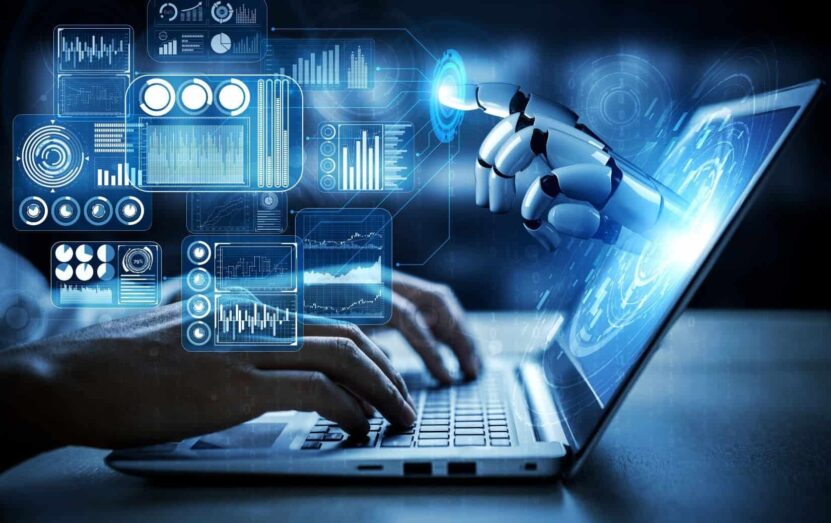
AI has made our lives easier, but at what cost? Automation has improved efficiency and reduced expenses for industries, but it’s also caused widespread unemployment. For instance, industries reliant on factory work have replaced human labor with robots. This has led to entire communities struggling to adapt. The bigger question is, are businesses sacrificing humanity for the sake of profits? Balancing automation with opportunities for human employment is essential.
How AI Shapes Education
Education is one area where AI has truly shone. From virtual tutors helping students learn at their own pace to systems grading assignments instantly, AI has opened new doors for personalized learning. However, it’s not without flaws. Students might misuse AI tools for plagiarism, and overreliance on tech could diminish critical thinking skills. The challenge lies in integrating AI into education without letting it take over completely.
The Bottom Line: Pros vs. Cons
A quick summary of where artificial intelligence stands:
Benefits:
- Increases efficiency.
- Reduces operational costs.
- Improves healthcare and diagnostics.
- Offers personalized services.
Drawbacks:
- Increases unemployment.
- Raises ethical concerns.
- Risks over-surveillance.
- Fosters dependency.
Are We Ready for AI’s Full Impact?
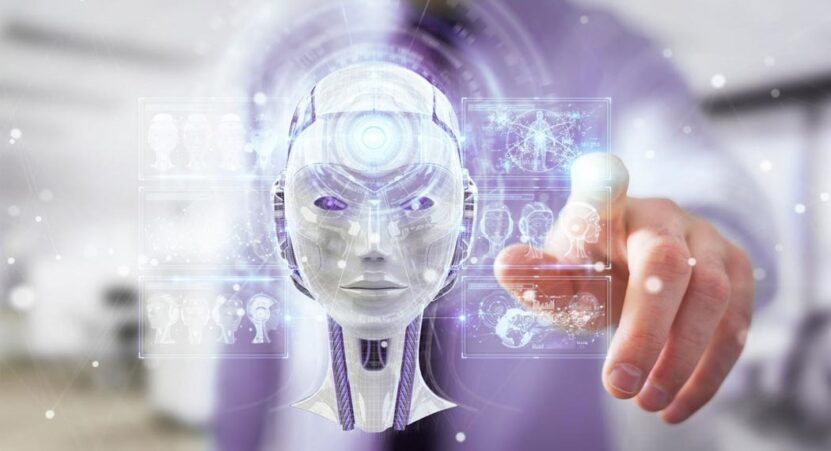
The reality is, society isn’t entirely ready for what artificial intelligence could unleash. Policies, education, and public awareness need to catch up. That said, avoiding it altogether isn’t realistic. The best way forward involves striking a balance—harnessing its strengths without letting its risks spiral out of control.
Let’s be honest: AI isn’t going anywhere. The only question left is how we shape its influence on the world we live in.
